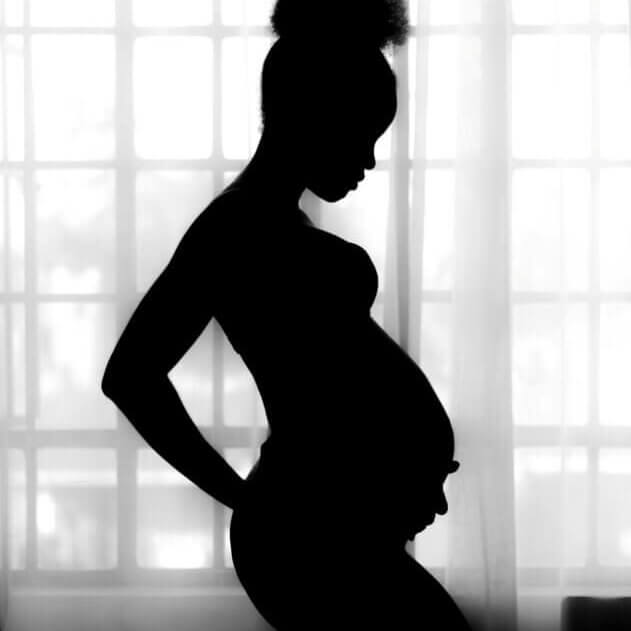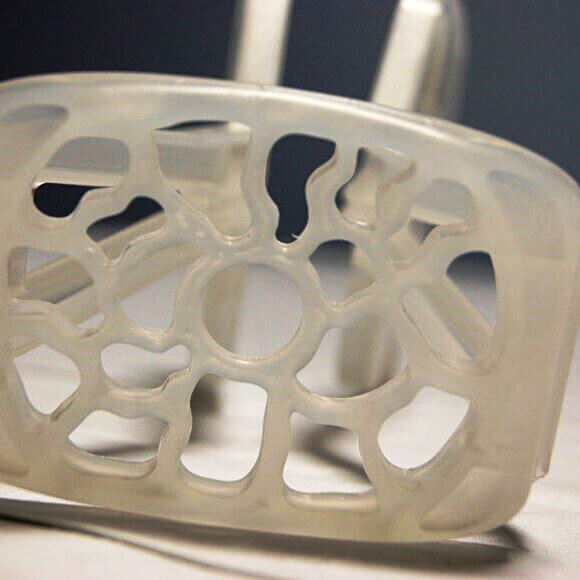PPH Butterfly
PPH Butterfly - Post-Partum Haemorrhage Butterfly Study
Post-partum haemorrhage (PPH) is the leading cause of maternal mortality worldwide and thought to cause a death every 7 minutes.
The PPH Butterfly device has been developed by Professor Andrew Weeks and the team at Sanyu as a novel innovation to arrest bleeding. It can also help the doctor understand where the bleeding is coming from, enabling them to quickly and effectively treat the problem.
The device, developed through extensive consultation with healthcare professionals and a patient focus group, has the potential to help save thousands of women’s lives around the world.
It could be particularly important in low-income settings as a drug-free way of controlling bleeding. This is important because several of the usual treatment methods are dependent on clean needles and refrigeration – and they are not always available.


Two studies have been completed testing this device, both funded by the NIHR Invention for Innovation (i4i) programme and sponsored by the University of Liverpool:
- The first study was conducted on healthy women who had just given birth to assess the correct size of the device. It also evaluated its acceptability and usability. The positive findings allowed the study to progress to a full clinical study.
- A second study conducted through 2018 explored the use of the device in the management of PPH. 57 women with active bleeding that had not stopped with first line drugs were treated with the device. Only one woman continued to bleed after the device was inserted, and no harm was caused. Clinicians found it useful as a way of stopping blood loss and as an aid to diagnose the source of bleeding; 93% wanted it to be available for their future use. All 57 women said they would be happy for the device to be used again in any future bleeds during birth.
The study team are now progressing to a full randomised trial to explore whether adding the device to the standard management results in improved outcomes for the women.
There was a dissemination meeting held on the 27th June 2024 which can be viewed below.
For more information see the PPH Butterfly page on the University of Liverpool's website.